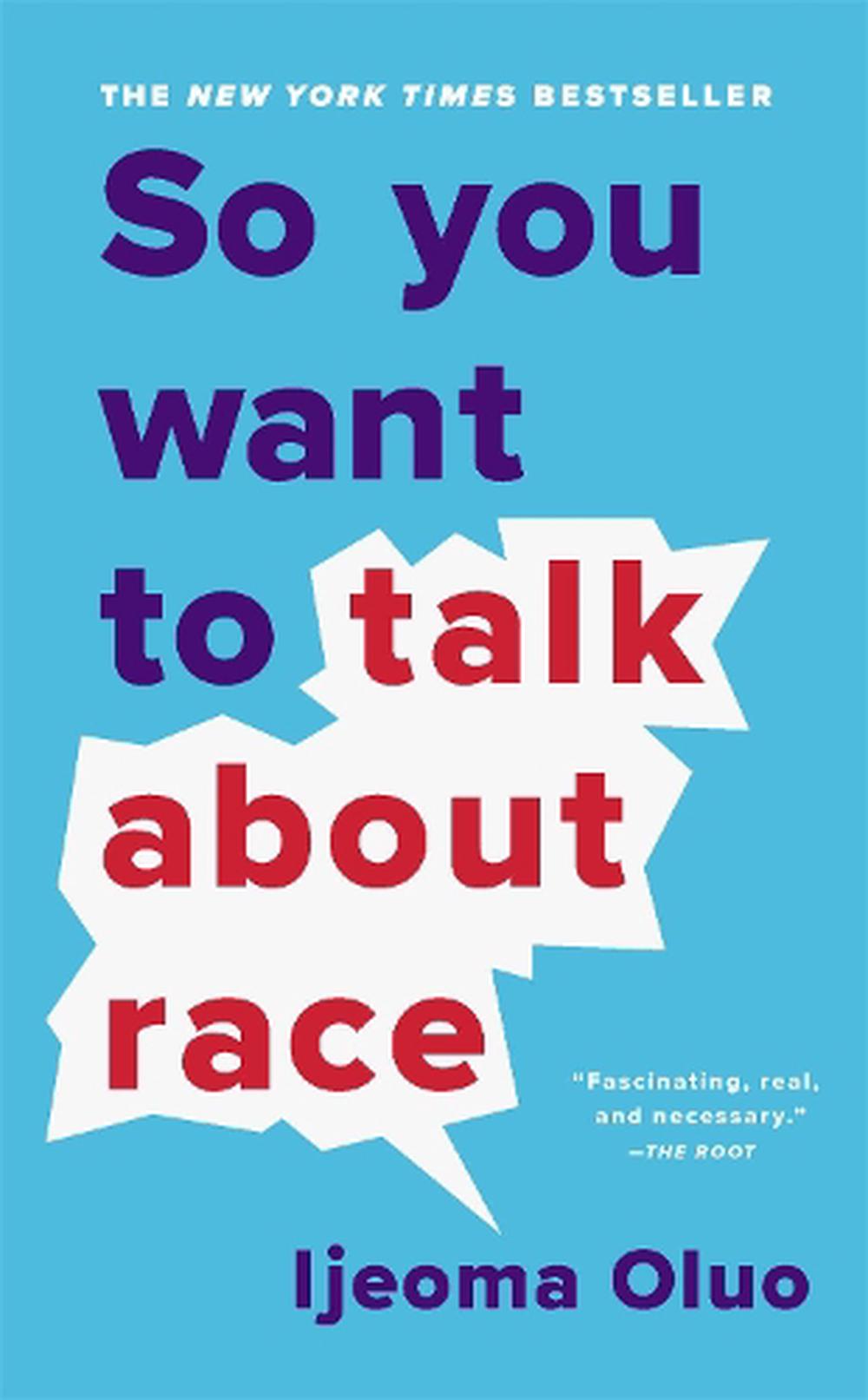
Some of them address the constant arguments you might come across on social media, like “why can’t I say the “N” word?” and “I just got called racist, what do I do?” Some of the questions seek to define loaded words/phrases and their implications: racism, intersectionality, police brutality, privilege, affirmative action, cultural appropriation, microaggressions, and so on. And, since the last US election, they have also been popping up all across social media, over dinner-tables, and even in workplaces. These are questions that typically come up in daily interactions, whether they are raised explicitly, implicitly, or only in our heads. If you are a person of color, it will give you ways to respond calmly, rationally, and intelligently, even when dealing with the well-meaning “I’m not racist” white friend or coworker.Įach chapter is framed as a question which Oluo unpacks thoroughly and rationally. If you are white, it will make you see nuances of racism that you were probably not aware of, including within yourself, your loved ones, and coworkers. Let me say at the outset: this book is for everyone - white or black or any color in between. As she writes toward the end: “Words are always at the heart of all our problems, and the beginning of all our solutions.” With this book, Ijeoma Oluo gives us - both white people and people of color - that language to engage in clear, constructive, and confident dialogue with each other about how to deal with racial prejudices and biases. No doubt, we have all felt the emotional power of similar epiphanies in our own difficult conversations and conflicts, even when we do not have the language to articulate them quite as clearly. It is a bit extreme, but it is in no way new for white people to take what they want from other cultures in the name of love and respect, while distorting or discarding the remainder of that culture for their comfort.”

And if racial justice doesn't center her, she will redefine race itself in order to make that happen.

Then Oluo wrote about how her anger toward Dolezal melted away with a particular realization of how Dolezal was not really a radical, original phenomenon but simply another manifestation of the everyday white supremacy all around us: “Dolezal is simply a white woman who cannot help but center herself in all that she does-including her fight for racial justice. It was the most important question of the interview and one that Dolezal, in her own book, had said she hated being asked. In Ijeoma Oluo’s now-viral interview with Rachel Dolezal (the white woman who identifies as black), Oluo described how she asked Dolezal the same question about privilege and identity several different ways before giving up in frustration. So You Want to Talk About Race by Ijeoma Oluo


 0 kommentar(er)
0 kommentar(er)
